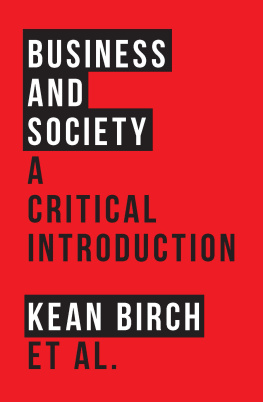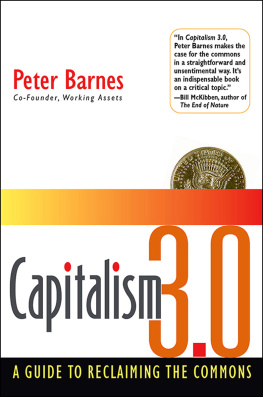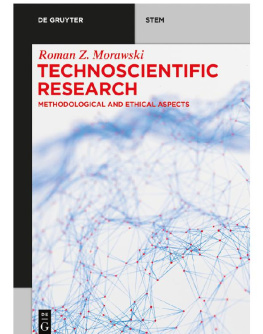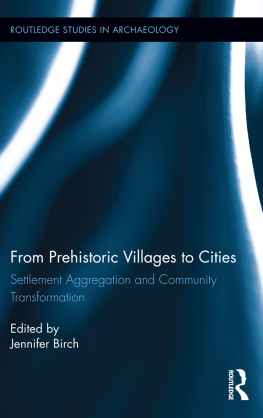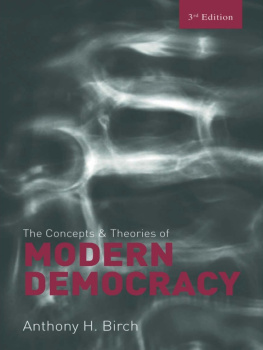Kean Birch - Assetization: Turning Things Into Assets in Technoscientific Capitalism
Here you can read online Kean Birch - Assetization: Turning Things Into Assets in Technoscientific Capitalism full text of the book (entire story) in english for free. Download pdf and epub, get meaning, cover and reviews about this ebook. year: 2020, publisher: MIT Press, genre: Politics. Description of the work, (preface) as well as reviews are available. Best literature library LitArk.com created for fans of good reading and offers a wide selection of genres:
Romance novel
Science fiction
Adventure
Detective
Science
History
Home and family
Prose
Art
Politics
Computer
Non-fiction
Religion
Business
Children
Humor
Choose a favorite category and find really read worthwhile books. Enjoy immersion in the world of imagination, feel the emotions of the characters or learn something new for yourself, make an fascinating discovery.

- Book:Assetization: Turning Things Into Assets in Technoscientific Capitalism
- Author:
- Publisher:MIT Press
- Genre:
- Year:2020
- Rating:4 / 5
- Favourites:Add to favourites
- Your mark:
- 80
- 1
- 2
- 3
- 4
- 5
Assetization: Turning Things Into Assets in Technoscientific Capitalism: summary, description and annotation
We offer to read an annotation, description, summary or preface (depends on what the author of the book "Assetization: Turning Things Into Assets in Technoscientific Capitalism" wrote himself). If you haven't found the necessary information about the book — write in the comments, we will try to find it.
Kean Birch: author's other books
Who wrote Assetization: Turning Things Into Assets in Technoscientific Capitalism? Find out the surname, the name of the author of the book and a list of all author's works by series.
Assetization: Turning Things Into Assets in Technoscientific Capitalism — read online for free the complete book (whole text) full work
Below is the text of the book, divided by pages. System saving the place of the last page read, allows you to conveniently read the book "Assetization: Turning Things Into Assets in Technoscientific Capitalism" online for free, without having to search again every time where you left off. Put a bookmark, and you can go to the page where you finished reading at any time.
Font size:
Interval:
Bookmark:
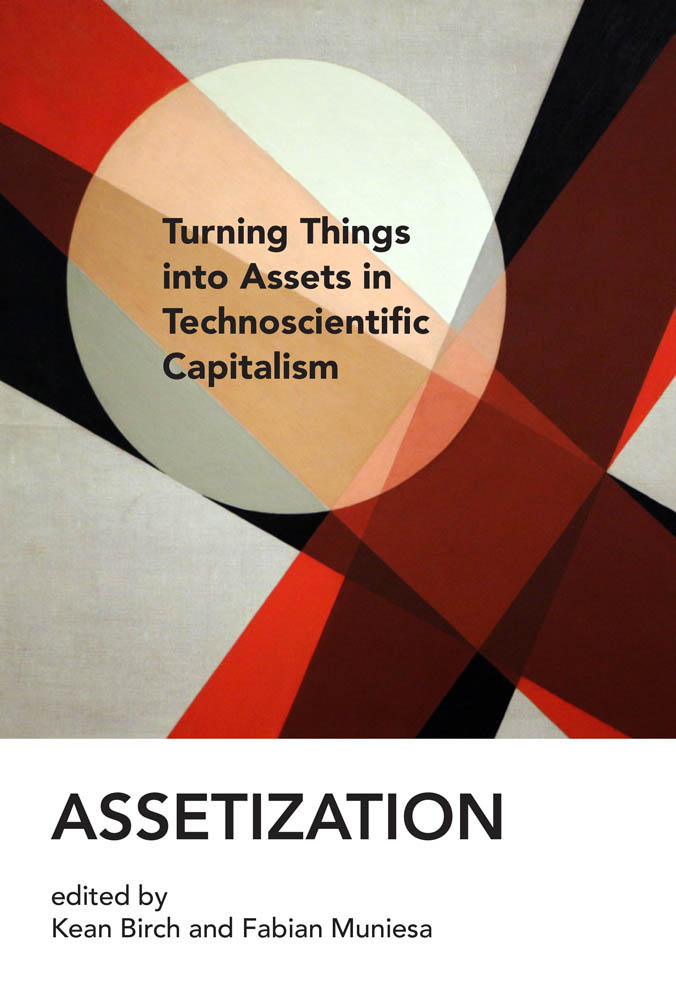
Inside Technology
Edited by Wiebe E. Bijker, W. Bernard Carlson, and Trevor Pinch
A list of titles in this series appears at the .
Assetization
Turning Things into Assets in Technoscientific Capitalism
Edited by Kean Birch and Fabian Muniesa
The MIT Press
Cambridge, Massachusetts
London, England
2020 Massachusetts Institute of Technology
This work is subject to a Creative Commons CC-BY-NC-ND license.
Subject to such license, all rights are reserved.
The open access edition of this book was made possible by generous funding from Arcadiaa charitable fund of Lisbet Rausing and Peter Baldwin.

Library of Congress Cataloging-in-Publication Data
Names: Birch, Kean, editor.
Title: Assetization : turning things into assets in technoscientific capitalism / edited by Kean Birch and Fabian Muniesa.
Description: Cambridge, Massachusetts : The MIT Press, [2020] | Series: Inside technology | Includes bibliographical references and index.
Identifiers: LCCN 2019047640 | ISBN 9780262539173 (paperback)
Subjects: LCSH: Social capital (Sociology) | Commodification. | Technology--Social aspects. | Temporary employment. | New business enterprises. | Uncertainty. | Capitalism.
Classification: LCC HM708 .A78 2020 | DDC 302--dc23
LC record available at https://lccn.loc.gov/2019047640
d_r0
- Kean Birch and Fabian Muniesa
- Hyo Yoon Kang
- Thomas Beauvisage and Kevin Mellet
- Victor Roy
- Natalia Buier
- Alain Nada and Batrice Cointe
- Paul Robert Gilbert
- Veit Braun
- Les Levidow
- Sveta Milyaeva and Daniel Neyland
- James W. Williams
- Kean Birch and Fabian Muniesa
List of Tables
Summary of studies on the worth of personal data item for individuals
Contrary multi-stakeholder alliances vis--vis natural capital
This book started out with a series of panels at the 2016 joint Society for the Social Studies of Science and European Association for the Study of Science and Technology Conference in Barcelona, Spain. We extend our gratitude to the 4S/EASST 2016 Conference organizing committee: Nerea Calvillo, Miquel Domnech, Daniel Lpez, Vincenzo Pavone, Israel Rodrguez-Giralt, Carmen Romero-Bachiller, Toms Snchez Criado, and Francisco Tirado. Since then, our intellectual project has involved a number of twists and turns, and we are thankful to all those people who have contributed to the successful completion of the book, including all the contributors to the conference panels at the start of the project; the series editors of Inside Technology, Trevor Pinch and Wiebe Bijker, for their support and feedback; the anonymous proposal and manuscript reviewers for their excellent suggestions; the various colleagues who have provided each of us with their invaluable comments and thoughts on our draft chapters; and, especially, Katie Helke for steering us so assuredly and thoughtfully through the editorial process. More specific thanks to Sara Angeli Aguiton, Laurent Beduneau-Wang, Ronan Bolton, Daniel Breslau, Lise Cornilleau, Dror Etzion, Bernard Forgues, David Hawkey, Luka Jakelja, Charlotte Krolkke, Emmanuel Kypraios, Shimrit Lee, Marcela Linkova, Michaela Mayrhofer, Andrea Mennicken, Yuval Millo, Shelly Ronen, Stephen Timmons, Paraskevas Vezyridis, Janette Webb, and Bernhard Wieser.
Kean Birch and Fabian Muniesa
Contemporary capitalism is increasingly defined by its technoscientific aspectsthat is, by the development of new technological products and services (e.g., smartphones, apps, platforms), the emergence of trendy scientific specialties (e.g., big data, AI, biotech, fintech), and the alignment of innovation processes, actors, and institutions with powerful investment rationalities and financial imperatives. The very notion of technoscientific capitalismterminology whose origins can be traced back at least to Jean-Francois Lyotard (1984, 1992)aptly captures the defining problematics of our political-economic time.
But how can we best characterize the gist of this moment? What is the prevailing form that things take within technoscientific capitalism? Because of its innovation-based nature and its concomitant promissory rationale, technoscientific capitalism has often been interpreted in terms of a speculative logic (e.g., Sunder Rajan 2006, 2017). The prevalence of processes of commercialization and privatization have repeatedly motivated a reading of technoscientific capitalism as a commodification movement that orients science and technology toward a market destiny (e.g., Mirowski 2011; Berman 2012). It is undeniable that the market plays a crucial role in technoscientific capitalism, offering the commodity form as a template of choice for all things scientific and technological, and prompting accordingly the relevance of a speculative gaze. The full picture, though, lacks analytic traction if we rely solely on this perspective.
Our argument in this book is that the dominant form that technoscientific capitalism affords is not the commodity but the asset, and that the financial contours it entails are not those of market speculation but of capital investment. Those are very different things, and the aim of contributors to this book is to flesh out this central point. Our perspective, then, is that we cannot characterize and analyze technoscientific capitalism solely in commodity terms anymore, not in the era of Uber and Airbnb, Google and Amgen. Can we understand the unicorns stalking Silicon Valley (i.e., firms whose notional valuations top $1 billion, promising huge returns to shrewd investors), the biopharmaceutical firms ramping up drug prices (while buying back their shares to shore up their share value), and governments turning the atmosphere into financial assets (and giving them away to polluters) without struggling within prevailing conceptions of the commercialization, marketization, and commodification of technoscientific research and innovation? As the latest stage of capitalism entrenches, it becomes even more difficult to see what is driving the accumulation of capital. As the marginal cost of production approaches zero, it is increasingly evident that productivity increases will not lead to sustainable profits. What will? Business model sorcery perhaps?
Intriguing things are going on indeed, we contend, as a consequence of an emerging asset form that has come to replace the commodity as the primary basis of contemporary capitalism. By asset, we mean something that can be owned or controlled, traded, and capitalized as a revenue stream, often involving the valuation of discounted future earnings in the presentit could be a piece of land, a skill or experience, a sum of money, a bodily function or affective personality, a life-form, a patent or copyright, and so on. Discounting reflects an assumption about the future value of money, which is framed by expectations about future inflation, risks, and uncertainties (Muniesa et al. 2017). Assets can be bought and sold, yes. But the point is to get a durable economic rent from them, not to sell them in the market today; here we use the term
Font size:
Interval:
Bookmark:
Similar books «Assetization: Turning Things Into Assets in Technoscientific Capitalism»
Look at similar books to Assetization: Turning Things Into Assets in Technoscientific Capitalism. We have selected literature similar in name and meaning in the hope of providing readers with more options to find new, interesting, not yet read works.
Discussion, reviews of the book Assetization: Turning Things Into Assets in Technoscientific Capitalism and just readers' own opinions. Leave your comments, write what you think about the work, its meaning or the main characters. Specify what exactly you liked and what you didn't like, and why you think so.

